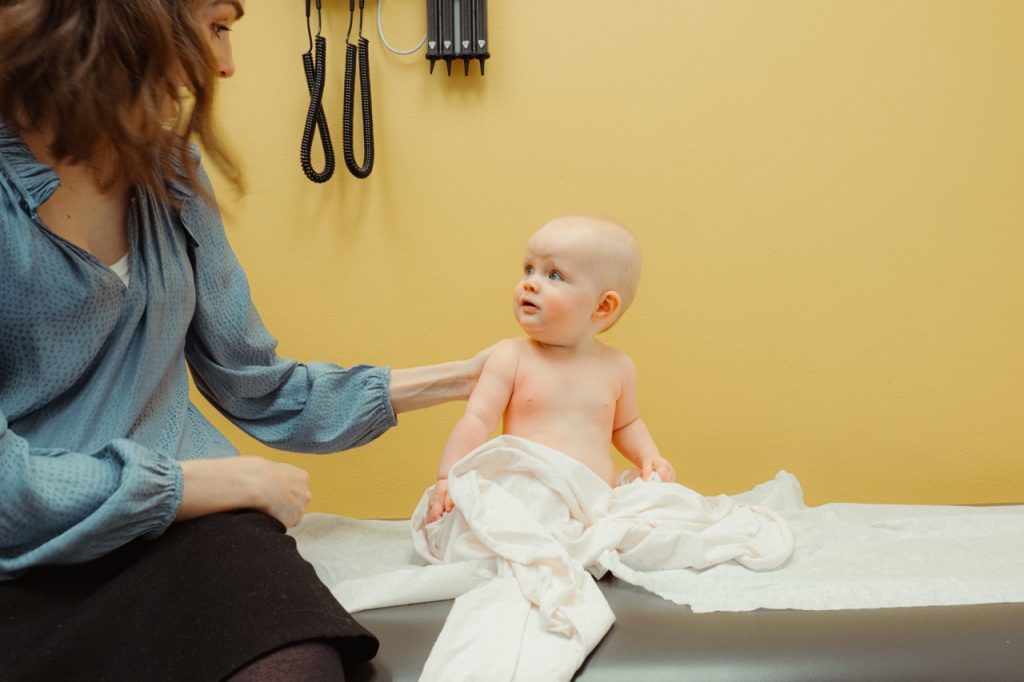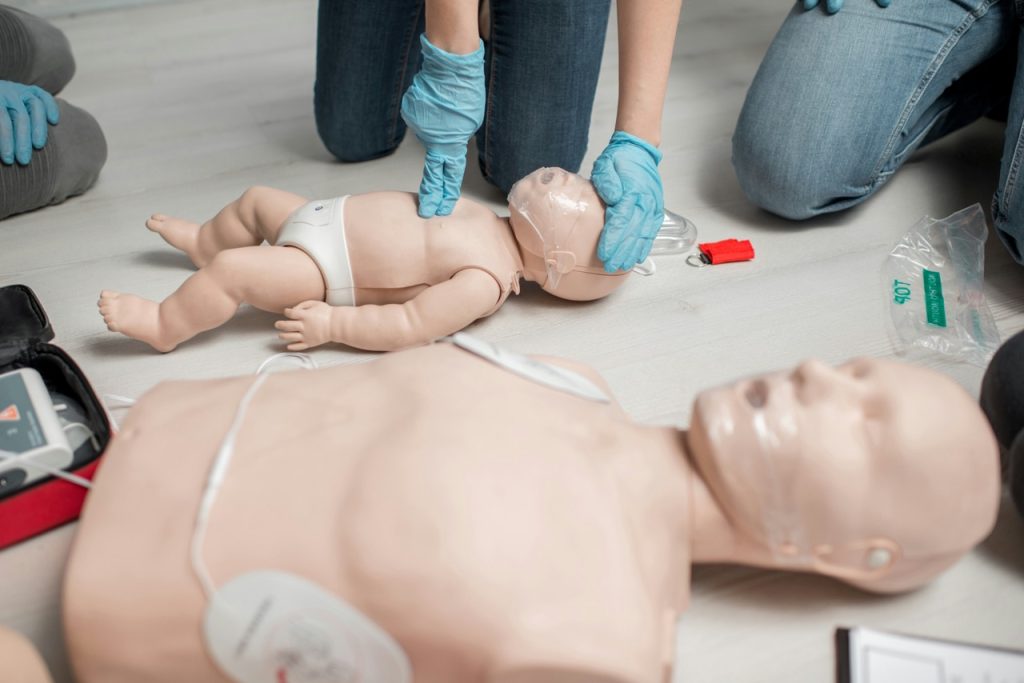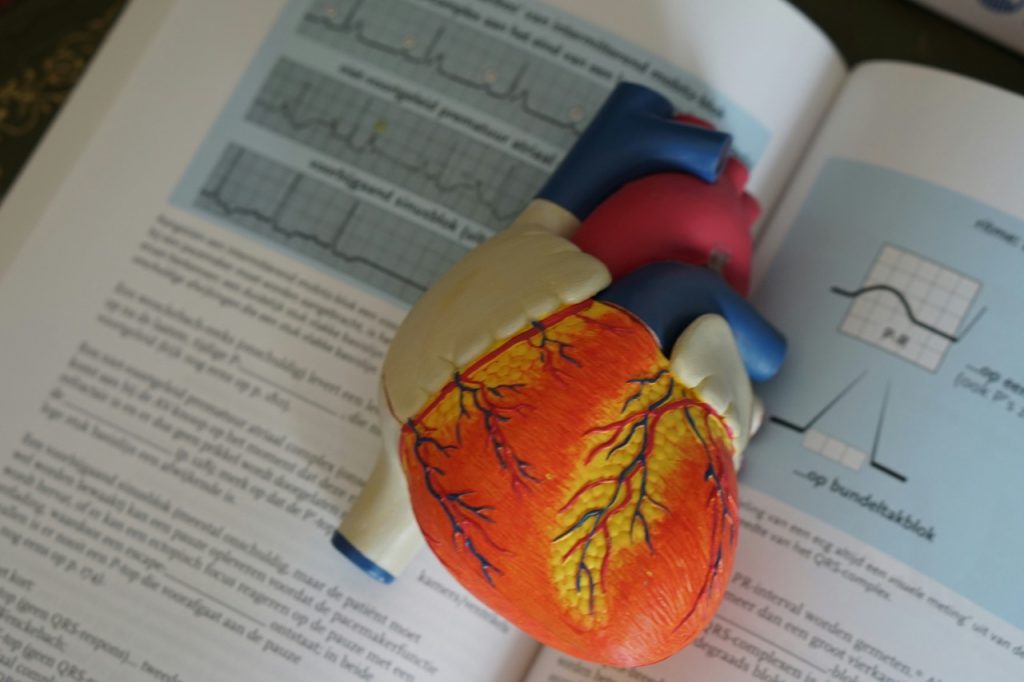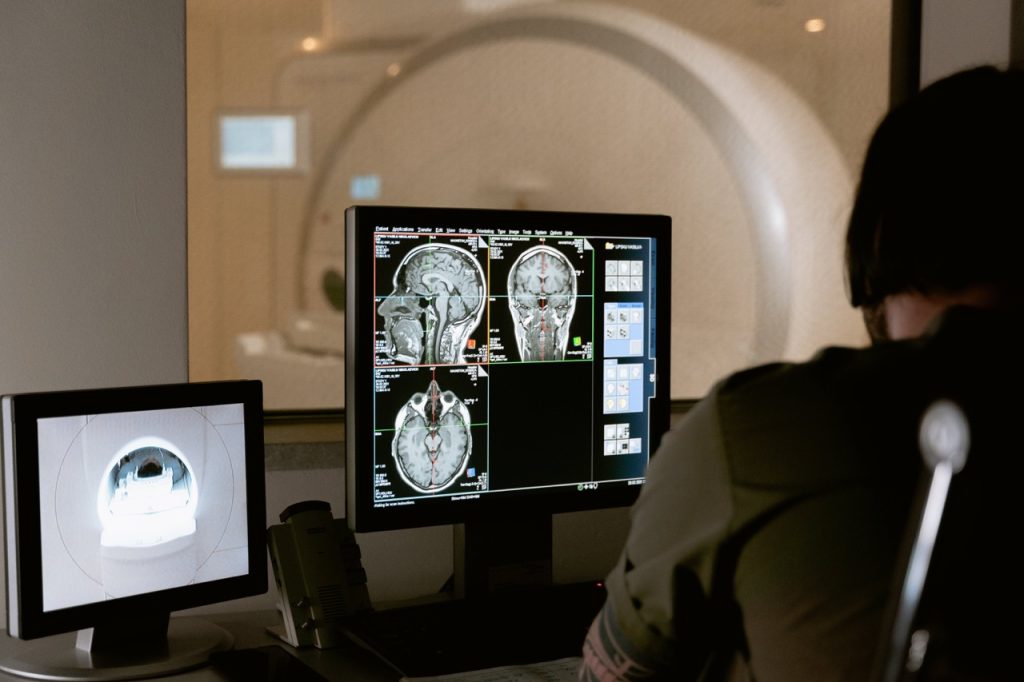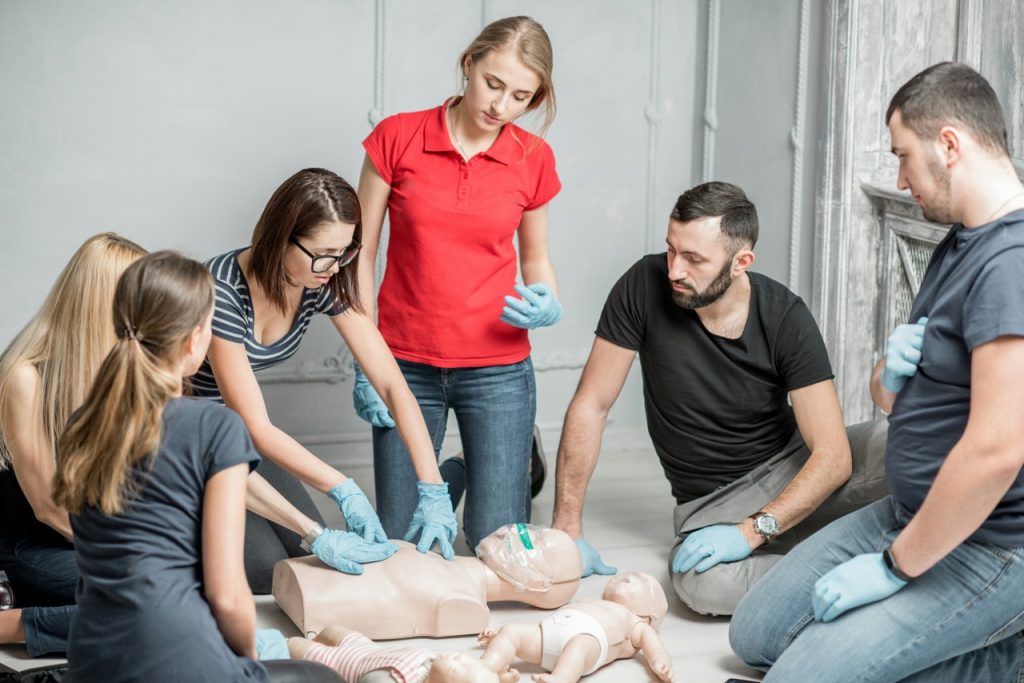Breakfast is often referred to as the most important meal of the day. Eating a healthy breakfast each morning helps fuel your body to stay energized. Because of this, it’s essential to choose foods that will leave you feeling satiated and energized and not weighed down and sluggish. Choosing a heart-healthy option not only allows you to tackle the day but also promotes a healthy heart and potentially contributes to increased longevity.

Heart Healthy Breakfasts That Promote Longevity
A heart-healthy breakfast sets the stage for your entire day’s nutrition intake. Start your day with whole grains, fruits, and lean proteins to fuel your body and protect your heart. Incorporating fiber and healthy fats while avoiding excess sugars and processed foods makes a difference in how you feel throughout the day and your overall well-being. With mindful choices, you can enjoy delicious and nutritious meals that support long-term heart health. Here are several heart-healthy breakfast options we’ve found to add to your morning meal rotations.

Sweet Potato Breakfast Scramble
Sweet potatoes are an excellent heart-healthy food option. They are filling due to their high fiber content and contain several vitamins and antioxidants, which help lower cholesterol and reduce inflammation. Sweet potatoes can be made to be sweet or savory for breakfast. Top them with yogurt, fruit and honey, or chop them and saute them with veggies and eggs.
Sweet Potato Breakfast Scramble Recipe From Land of 10,000 Recipes:
Sweet Potato Breakfast Scramble
Fruit Oatmeal Yogurt Parfaits

With fresh fruit, hearty oatmeal, and protein-packed yogurt, this trio creates a delicious and heart-healthy breakfast option. Choosing fruits like blueberries and blackberries keeps the glycemic index relatively low and adds antioxidants that promote longevity.
Fruit Oatmeal Yogurt Parfait Recipe From American Heart Association:
Fruity Oatmeal Yogurt Parfaits
Are You Eating Enough Fiber for Heart Health?
Veggie Omelet

A veggie omelet is another nutritious breakfast choice, as it combines egg whites or a mix of whole eggs with a variety of vegetables. The vegetables add fiber, vitamins, and minerals that help reduce heart disease risk. Using egg whites can lower cholesterol intake, while whole eggs provide essential nutrients for overall health.
Veggie Omelet Recipe From EatingWell:
Related Read: Top Ten Tips for Choosing Heart-Healthy Snacks
Avocado Toast with Whole Grain Bread

Avocado toast is a popular meal that can be enjoyed for any meal, but most commonly served at breakfast. It is a heart-healthy option due to its high content of monounsaturated fats from avocado, which helps lower bad cholesterol levels. Whole grain bread provides fiber, which supports heart health by improving digestion and stabilizing blood sugar levels. Adding an egg boosts protein intake, further supporting overall health.
Avocado Toast Recipe From Skinny Taste:
Avocado Toast with Sunny Side Egg
Chia Seed Pudding

Chia seed pudding is a heart-healthy breakfast option due to its high omega-3 fatty acid content, which helps reduce inflammation and improve heart health. It can be made in a variety of ways; add a dollop of nut butter for healthy fats and protein or by adding fresh fruits that provide antioxidants and vitamins.
Chia Seed Pudding Recipe From EatingWell:
Looking for more ideas? Here’s 23 more heart-healthy breakfast recipes from EatingWell.
23 Heart-Healthy Breakfast Recipes in 15 Minutes
Selecting heart-healthy breakfasts can make a difference in maintaining cardiovascular heart health. Choosing whole foods, high-fiber options, and healthy fats to support heart wellness and lower your risk of heart disease. Be mindful of portion sizes and try to limit processed foods. With some planning and preparation, you can make your breakfast both nutritious and heart-friendly, contributing to a longer, healthier life.
Want to know another way to make a difference and protect the hearts around you? CPR training is a valuable skill that can save lives when every second counts. Sign up for an in-person or online session today.
HeartCert is your trusted training partner for CPR, ACLS, PALS, EMR, First Aid, CNA, IV, EKG and more, throughout the United States.
Courses include CPR/AED/First Aid, Basic Life Support (BLS), Advanced Cardiac Life Support (ACLS), Pediatric Advanced Life Support (PALS), Certified Nursing Assistant training, IV training, EKG training, babysitter basics and more. Courses and certifications from both the American Heart Association and American Red Cross are available.We offer virtual courses and certifications, in all 50 states as well as in-person classes at our headquarters, HeartCert CPR Eagan and major cities in Iowa, Illinois, Georgia, Michigan, Minnesota, Mississippi, Nebraska, Pennsylvania, Texas and Wisconsin.



